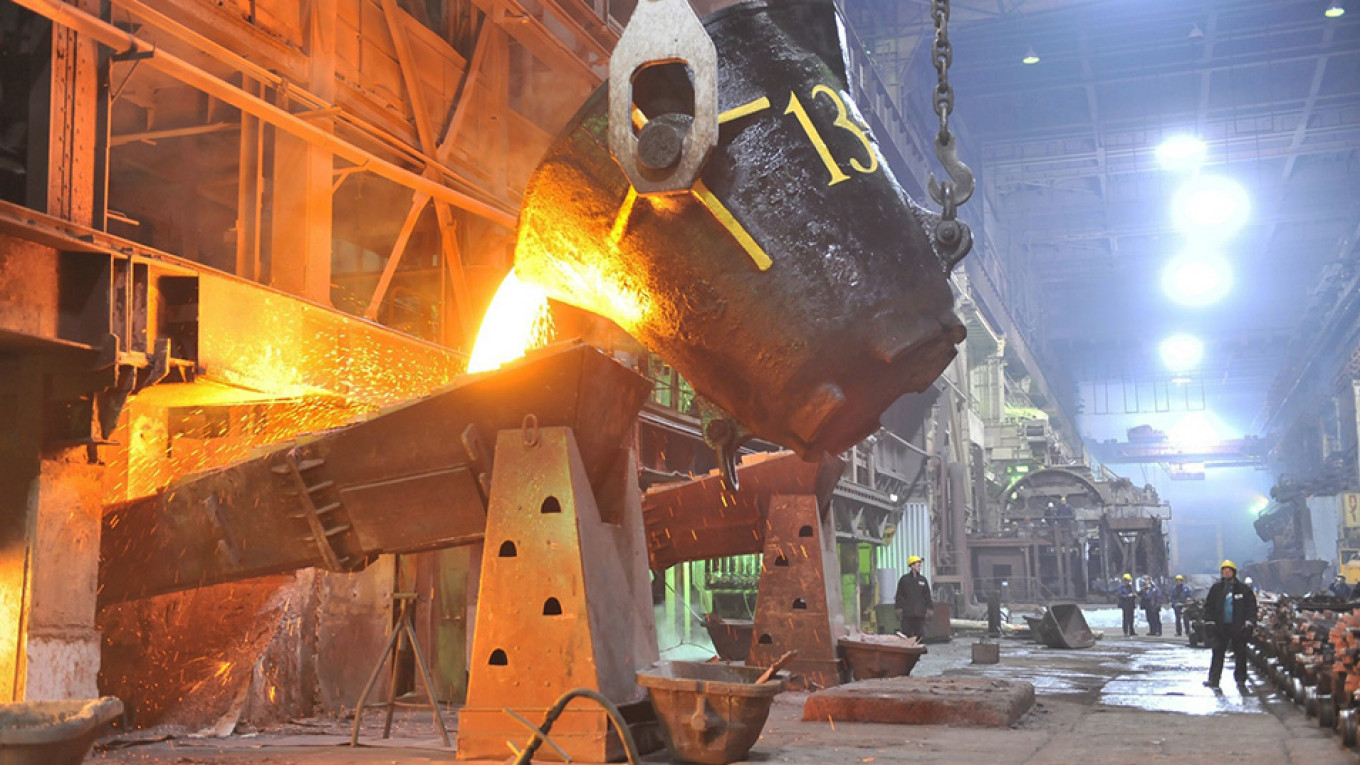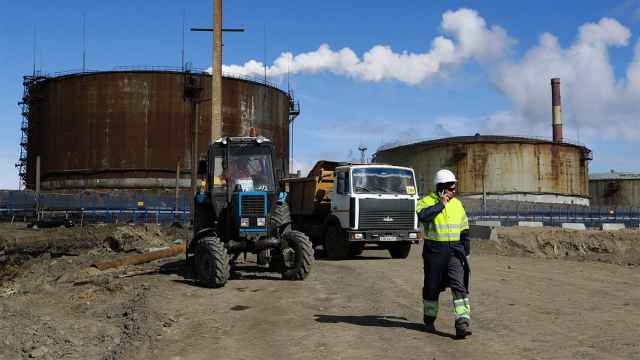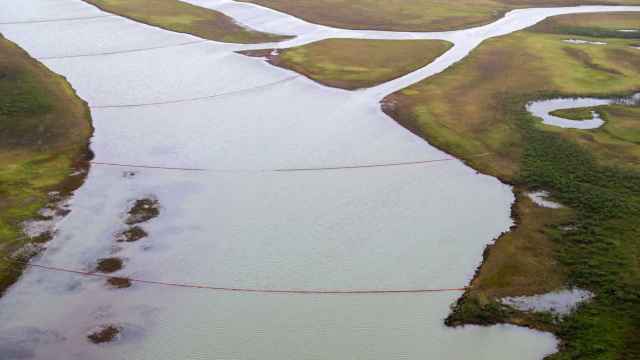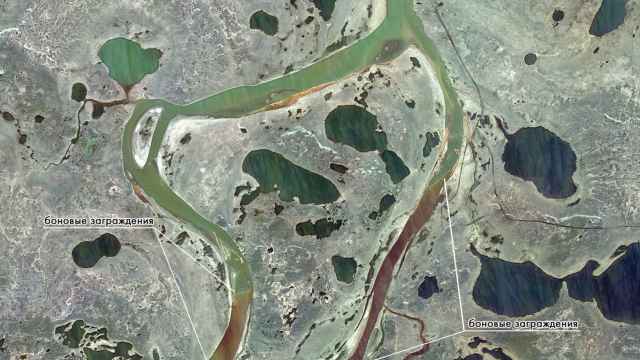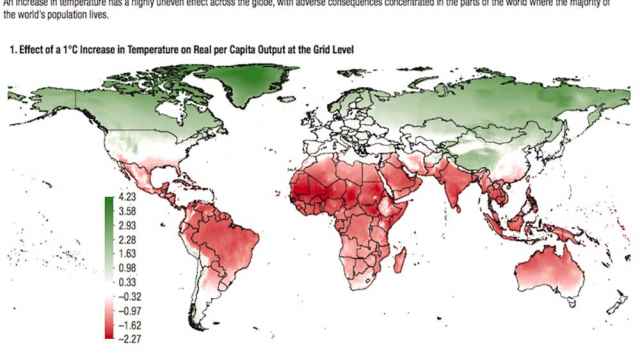The annual general shareholders meeting of Norilsk Nickel, the world's largest producer of palladium and one of the largest producers of nickel, platinum and copper, approved the final dividends for 2018 at a rate of 792 rubles ($12.25) per ordinary share, or about $1.9 billion in total.
In addition to the interim dividends of $1.8 billion already set aside for the first six months of 2018, it allots a record payout of $3.7 billion to shareholders and shows that melting of nickel, copper, platinum, palladium and cobalt is a very profitable business.
Nornickel paid $1.23 billion in dividends in 2016. Its board of directors recommended a total dividend distribution of $2.16 billion for 2017. With $3.7 billion in 2018, payouts have tripled over the last three years.
As Nornickel brands itself, it is the world’s largest producer of both nickel and palladium. With mining and metallurgical enterprises in the Arctic cities of Zapolyarny, Nikel and Monchegorsk, Nornickel is also the world’s largest non-petroleum industrial company operating north of the Arctic Circle in terms of revenue.
In 2018, Nornickel accounted for 0.7 percent of Russia’s GDP, 2.6 percent of the national industrial output and 2.6 percent of Russia’s exports.
The company is the largest taxpayer in the northern Murmansk region, contributing 10.6 billion rubles in indirect taxes and other payments in 2018.
Despite big money, the company is famous for its air pollution, mainly sulfur dioxide and heavy metals. After the closure of the oldest nickel plant in Norilsk in 2017, air pollution was drastically cut, but emissions remained at some of the highest levels in Russia.
On the Kola Peninsula, the cross-border clouds of sulfur dioxide have for decades caused a rift in relations between Russia and its Nordic neighbors Norway and Finland.
“I believe that we owe our last year’s success to both favorable markets for our metals and real progress achieved in labor productivity improvement. I am sure that Nornickel will continue enhancing production efficiency while our best management practices, unique know-how, and digitalization efforts will drive up the company’s value no less than our vast ore reserves do,” Vladimir Potanin, president and chairman of the management board, wrote in the recently published sustainability report 2018.
He promised to reduce harmful pollution. “In 2018, we launched the second stage of our ambitious environmental program, which will help us to achieve a fourfold reduction of sulfur dioxide emissions in Norilsk by 2023. The company plans to halve its emission in the settlement of Nikel on the Kola Peninsula by the end of 2019,” Potanin wrote.
He also explained how the company plans to cut emissions in Nikel. “We started constructing a concentrate separation facility in 2018 to reduce the throughput at our smelting shop,” he said.
This January, concentrations of sulfur dioxide on the Norwegian side of the border from Nikel were so high that municipal authorities in Norway’s Kirkenes triggered a health warning alarm, sending SMS messages to residents in the country's Pasvik valley.
The warning recommended individuals with heart and cardiovascular diseases to limit their outdoor activity or to stay away from the area.
A Message from The Moscow Times:
Dear readers,
We are facing unprecedented challenges. Russia's Prosecutor General's Office has designated The Moscow Times as an "undesirable" organization, criminalizing our work and putting our staff at risk of prosecution. This follows our earlier unjust labeling as a "foreign agent."
These actions are direct attempts to silence independent journalism in Russia. The authorities claim our work "discredits the decisions of the Russian leadership." We see things differently: we strive to provide accurate, unbiased reporting on Russia.
We, the journalists of The Moscow Times, refuse to be silenced. But to continue our work, we need your help.
Your support, no matter how small, makes a world of difference. If you can, please support us monthly starting from just $2. It's quick to set up, and every contribution makes a significant impact.
By supporting The Moscow Times, you're defending open, independent journalism in the face of repression. Thank you for standing with us.
Remind me later.


